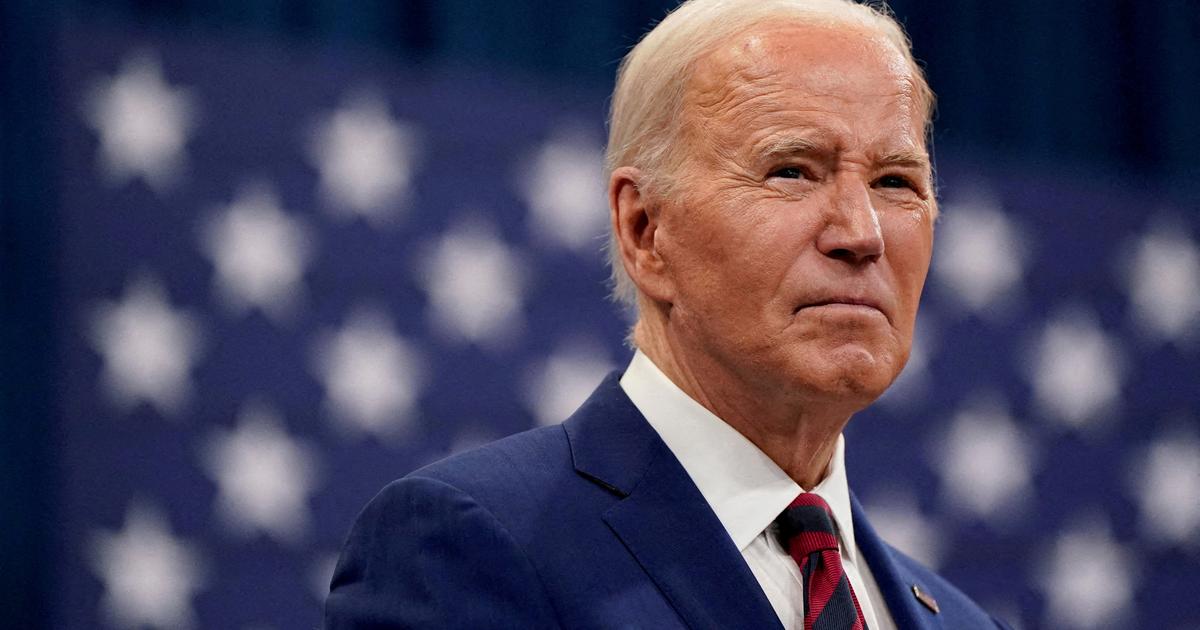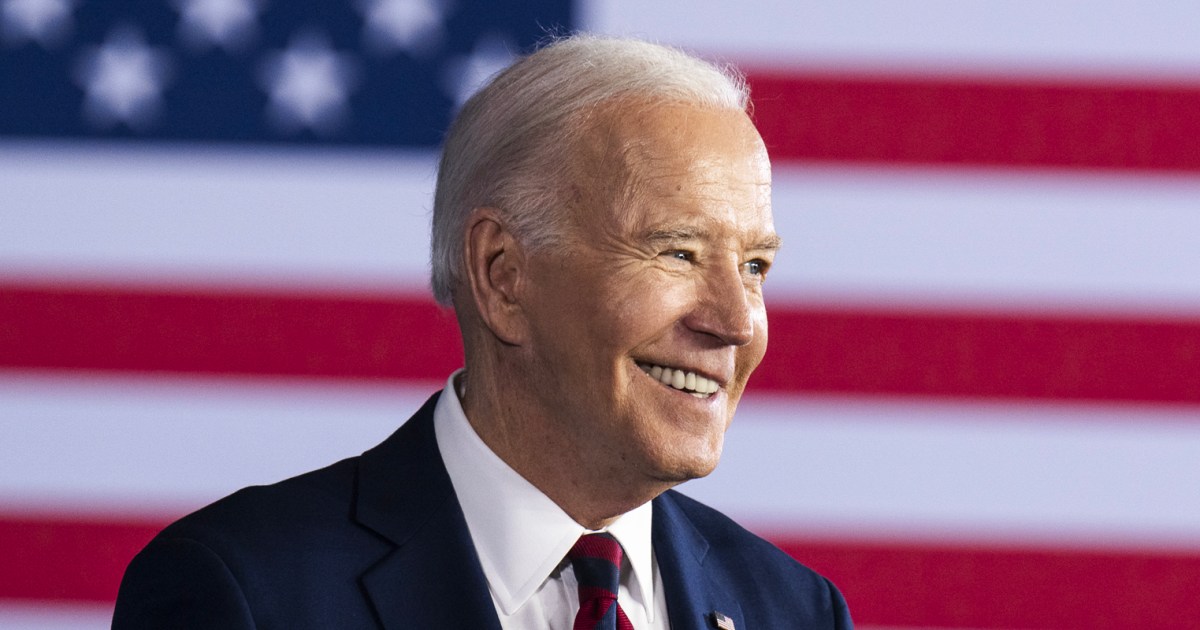Something strange has been floating around in Washington lately.
Smells a bit like...competition.
Seriously now, it has been amazing to see how the media narrative of the Joe Biden Administration has changed.
Just a few weeks ago Biden was portrayed as a wretch on the verge of leading a failed presidency.
Then came the Inflation Reduction Act, a voluminous jobs report, and some good news about rising prices, and all of a sudden we're hearing about his accomplishments.
However, I still think that what the media say is not entirely correct.
Indeed, Biden has accomplished many things, in some respects more than he is credited with even now.
On the other hand, the United States is a huge country with a huge economy, and the president's actions don't seem all that impressive when compared to the scale of the nation's problems.
More information
Biden achieves final approval from Congress for his star economic law
Furthermore, Biden is arguably benefiting from the mild intolerance of low expectations right now.
His political successes are large by today's standards, but they would not have commanded attention in an earlier era, the one that preceded the radicalization of the Republican Party, which made it almost impossible to find real solutions to real problems.
So what has Biden accomplished?
In my opinion, he entered office with three main domestic policy goals: to invest in America's ailing infrastructure, to take real action against climate change, and to expand the social safety net, especially for families with children.
He has gotten most of the first two and a little bit of the third.
Last year's infrastructure bill receives conspicuously little media attention, with only about a quarter of voters even knowing it passed.
However, we should remember that Barack Obama wanted to invest in infrastructure, but he couldn't;
Donald Trump promised to do it, but didn't ("It's infrastructure week!" became a running joke);
Biden came, and he got it.
On the contrary, the Inflation Reduction Act, which is above all a climate law, has received a lot of attention, deservedly so.
America is finally taking action against the greatest existential threat of our time.
Energy experts believe that the rule will have significant direct effects in reducing greenhouse gas emissions.
These are all significant achievements that stand in stark contrast to the previous government, whose only major change in domestic policy was a tax cut that had almost no visible positive results.
But when I see the news calling these laws "colossal" or enormous, I wonder if the journalists have done the math.
The infrastructure law will add some 500,000 million dollars of spending over the next decade.
The Inflation Reduction Act will increase spending by another half trillion or so.
A law to boost the production of semiconductors will add around 50,000 million more.
Therefore, in total we are talking about just over a trillion dollars in public investment in 10 years.
To put that in perspective, the Congressional Budget Office projects cumulative GDP to exceed $300 trillion over the next decade.
That is, the Biden program will be equivalent to about a third of 1% of GDP.
Colossal it is not.
It is true that the repercussions of what the president has done may be much greater than the dollar amounts suggest.
There are reasons to hope that the climate law will have something of a catalytic effect in promoting the transition to clean energy.
And some economists believe that increasing the budget of the badly-resourced Internal Revenue Service will greatly reduce tax evasion, thereby increasing revenues.
And, if you allow me, I will add a few words on foreign policy.
Biden received an overwhelming amount of criticism for the Taliban's takeover of Afghanistan, despite the fact that his critics offered little or no suggestion about what he should have done differently.
But the narrative about foreign affairs has also changed.
Although I am not an expert, it seems to me that the Biden administration has done a remarkable job of building and holding together a coalition to help Ukraine resist Russian aggression.
Okay, I can already hear people reacting to any mention of Biden's achievements by yelling what's up with the price gouging.
Indeed, the Biden government failed to understand the risks of rising inflation.
However, the same thing happened to many others, including the Federal Reserve (and yours truly).
And I think it's worth pointing out that other countries, not the least of which is Great Britain, are also suffering from high inflation even though they haven't followed anything resembling our president's policies.
In fact, Britain's problem with rising prices seems more serious than ours in many ways.
And both public opinion and financial markets expect inflation to be brought under control.
Thus, there is no indication that this admittedly significant stumble will cause lasting damage.
I repeat: I do not want to sound
Trumpian
and say that Biden is doing an impressive job, perfect, the best job ever.
What he has done -- and he was doing before he changed the media story -- is to deal, reasonably effectively, with the real problems facing America.
The point is that what Biden offers us should be normal in a rich and advanced country.
In fact, it was normal before the Republican Party took its sharp turn to the right.
However, at the point where we are, a competent Government based on reality is shocking.
Paul Krugman
is a Nobel laureate in economics.
© The New York Times, 2022. Translation of News Clips.
50% off
Subscribe to continue reading
read without limits
Keep reading
I'm already a subscriber

/cloudfront-eu-central-1.images.arcpublishing.com/prisa/4AER63SJEFFYVN6U3ONTJXHDAI.jpg)







